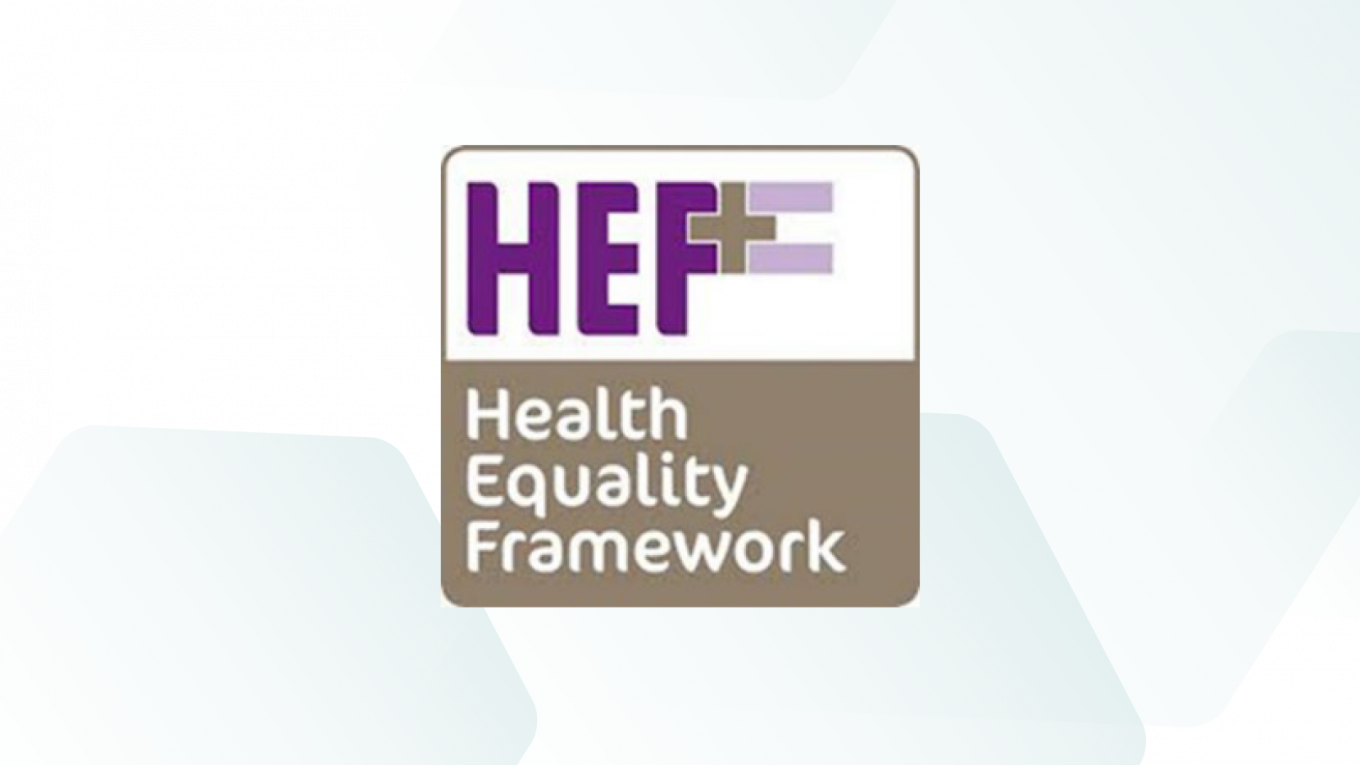People with Learning disabilities and the Health Equalities Framework: COVID-19 recovery in Wales
By Adam Watkins, Senior Information Analyst & Bethany Kruger, Senior Improvement Manager
COVID-19 and Health Inequalities (Part 1)
Recently we were speaking with a colleague who was sharing her experiences of supporting a young man with a learning disability in the community. Prior to COVID-19, he had lived a good life, enjoyed strong meaningful relationships with family and friends and a purposeful, fulfilling job and had a true sense of being part of his community.
However, like many other people with a learning disability, COVID-19 has had a pronounced and unmistakable effect on his life. Social contact and connections have all but vanished, recreational and occupational opportunities have all but disappeared; leading to social isolation and significant impact on his mental health and wellbeing, as well as placing considerable strain on his immediate family.
As we, all know COVID-19 has had a significant effect on our lives, however, it is well documented that the COVID-19 pandemic has disproportionately affected those who already had the greatest health and social needs. Before the pandemic we knew that people with a learning disability were more likely to suffer from poor physical health and more likely to die earlier, often from avoidable causes. We also knew people with a learning disability are more likely to experience poorer mental health and well-being, as they are vulnerable to negative life events and may not have the skills or support network available to support and assist them.
During the early part of the pandemic, people with learning disabilities died from COVID-19 at a higher rate than the rest of the population. The impact was starkest amongst younger people with a learning disability, and the mortality rate from amongst under 60s being almost ten times than the wider population. The impact of Covid-19 continues for us all however, fortunately we are in a stronger position to for resilience and recovery.
Front line colleagues are sharing experiences of an increase in stress and anxiety for people with a learning disability, demonstrated through a change of behaviour, an increase in skin conditions, distress, withdrawal, and disengagement; but also wanting to engage and participate but being overwhelmed and not quite sure how to do this.
Some of this difference in health and mortality between people with learning disabilities, and people without, is that learning disabilities are often associated with other lifelong health conditions such as epilepsy. However, a large part of this is down to how people with learning disability are supported by services and staff, such as their local A&E, the nature of their accommodation, their experiences of social contact, or meaningful occupation to services within their community.
Change can be made and negative outcomes need not be inevitable. The Health Equalities Framework is one of the outcome measure tools we can use to better understand, reduce and prevent the health “inequalities” that people with learning disabilities experience on a daily basis.
What is the Health Equalities Framework?
The “Health Equalities Framework” (HEF) is an outcome measure tool that specialist learning disability services can use to identify and address what inequalities people are facing within health and social care settings. The data gathered adds value at an individual, service, regional and possibly national level. This data enables us to identify the health inequalities and their specific impact on people and enables a shift in focus to prevention and reduction. We can compare before and after someone has received support and intervention from health and social care services. We can demonstrate where situations for people and services improved or sadly declined, and tackle the root cause of health inequalities people experience day-to-day and crucially make a real difference for and with people and their families.
In the context of COVID-19 and recovery planning, this is particularly valuable information. As described at the start of this blog, people with learning disabilities are more vulnerable to the health impact of COVID-19 but also disproportionately affected by service impact. While we were all subject to lockdowns, for some people with learning disabilities that involved almost completely losing access to the ways in which they engaged with meaningful activities and social contact. The impact of this on their health cannot be understated.
The HEF offers a way forward bringing services together across the public sector and communities to tackle the causes of health inequality collaboratively.

